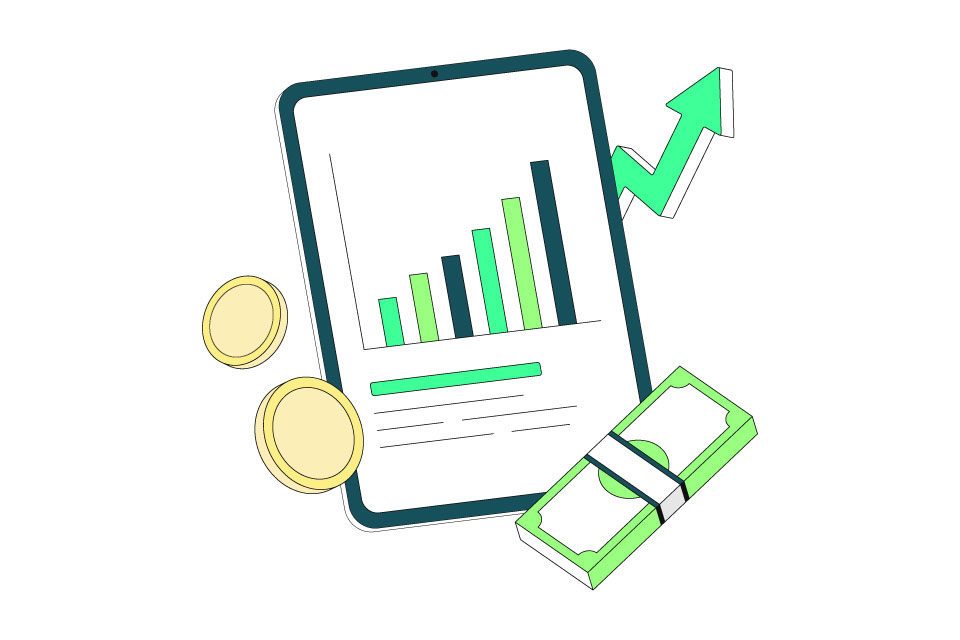By Jo Causon, CEO, The Institute of Customer Service
As some of the world’s most powerful leaders meet for last weekend’s G7 summit in Cornwall, all eyes are on how the UK and its closest partners look to repair the world’s economy as we slowly emerge from the Covid-19 crisis.
The summit build-up has reinvigorated discussions around the role sustainability and ‘going green’ should play in our fightback against the devastating effects of the pandemic. It was only last year that Prime Minister Boris Johnson called for the nation to “build back better and build back greener,” proving the growing recognition amongst world leaders of the need to align the economic repair job with the green recovery rhetoric in this new era.
Lockdown has given us all a taste of what a drop in emissions could look like, with many organisations taking this opportunity to highlight their own sustainability credentials. From the level of interest in our Green Goes Mainstream? breakthrough research, it is clear that the green agenda is no longer viewed as a branch of corporate social responsibility policy, but is something leaders are trying to embed within their organisations. However, the true success of a ‘green recovery’ will require a huge collective effort from governments, organisations and indeed customers across the world.
Customers, it seems, are expecting organisations to meet this challenge. Our research shows that this is now very much a mainstream issue. Customers want to make environmentally sustainable choices as part of a coherent offer that meets their expectations of price, quality, reliability and service. They also want transparent information, both about the environmental benefits of products and services, and evidence about organisations’ commitments to sustainability across their operations.
The pandemic and the ensuing lockdown have imperilled businesses across the UK, and worldwide too. It may be tempting for some leaders and organisations to put commitment to the environment in the back seat as they attempt to recover. This is, however, short-sighted; businesses do not have to sacrifice their environmental goals to protect their growth. In fact, there is a growing body of evidence that more customers expect the brands and businesses they work with to demonstrate their green credentials and to help us as consumers to do our bit too.
G7 finance ministers have recently committed to making it mandatory for large organisations to report on climate impacts and investment decisions. Given that only 41% of the organisations we recently surveyed regularly publish an environmental impact report, this is a welcome step in the right direction. However, many are still seemingly failing to grasp the growing interest in green and wider ESG principles amongst customers and need to embrace it before they are left behind. Leadership and accountability are key, with a growing need to hardwire and marry high-quality service with sustainable practices as part of risk management and governance structures.
This cannot be turned on or off – it needs to stay for the long-term. The green recovery depends on it.



